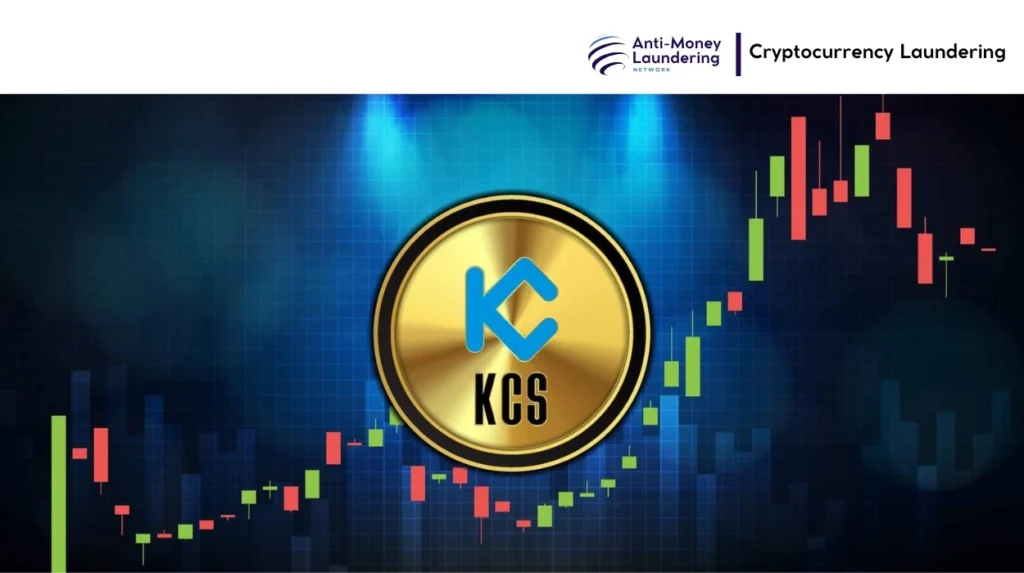KuCoin, a Seychelles-based cryptocurrency exchange, has faced serious allegations of money laundering and violating anti-money laundering (AML) regulations. Investigations revealed that from its founding in 2017 until mid-2023, KuCoin operated without proper know-your-customer (KYC) checks, enabling billions of dollars in illicit transactions to flow through its platform. Despite public claims of compliance, the exchange willfully evaded critical AML laws, particularly in dealings with U.S. customers, until enforcement actions forced costly penalties and operational restrictions. This case highlights not only KuCoin’s regulatory failures but also Seychelles’ challenges in regulating crypto platforms effectively against laundering risks. The fallout underscores the ongoing vulnerabilities within global crypto markets for illicit finance.
KuCoin, headquartered under Seychelles-registered Peken Global Limited, has been embroiled in multiple controversies over money laundering facilitation and regulatory non-compliance from 2017 to 2025. Significant crypto heists with counterfeit tokens were routed through KuCoin’s platform, and it failed to implement proper AML and KYC controls until recently. Regulatory authorities in the United States imposed heavy penalties and forced operational restrictions, while Seychelles mandated stronger AML policies in line with international standards. Despite public statements to combat financial crimes, KuCoin faced user complaints over fraudulent transactions and lapses that contributed to money laundering activities, underscoring ongoing challenges within Seychelles’ crypto regulatory framework.

